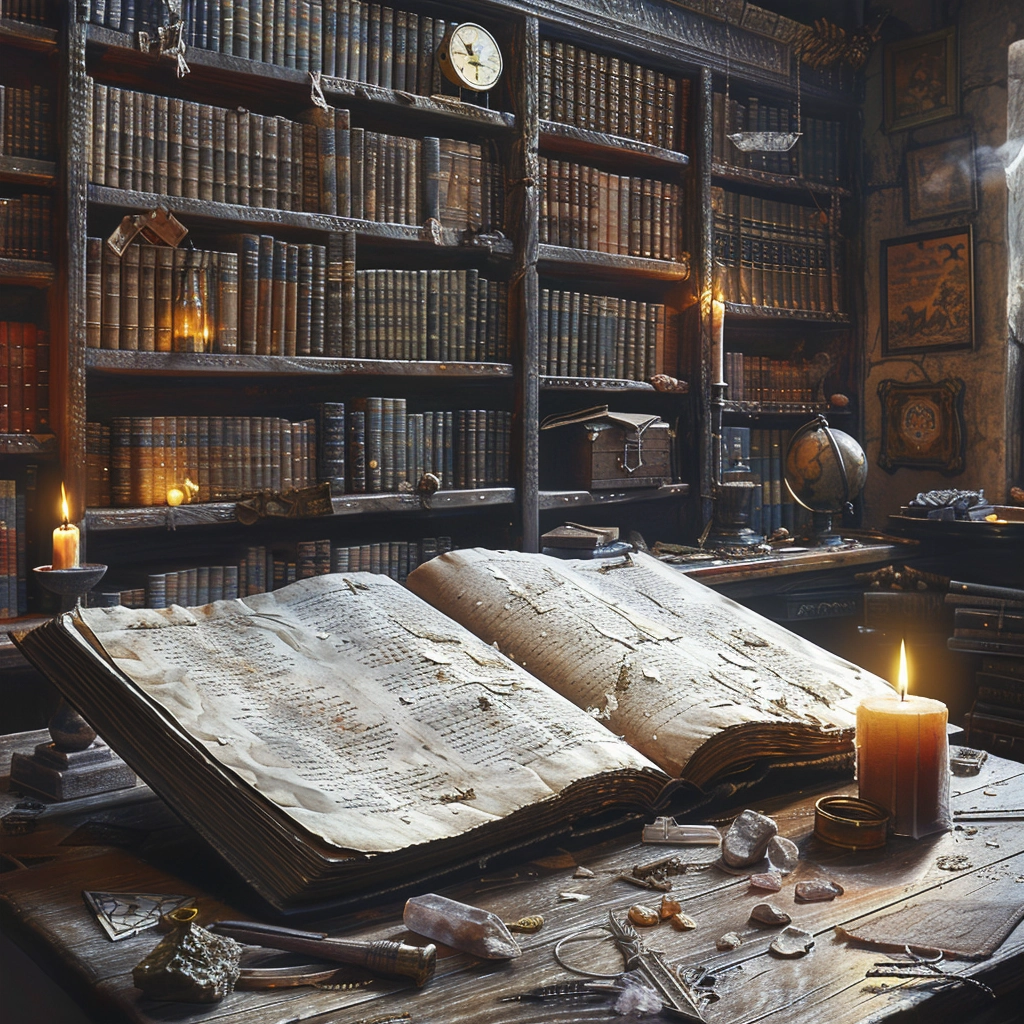
Biblical Views on Dark Magic and Witchcraft
Deuteronomy 18:11-12 condemns anyone who ‘casts spells or is a spiritist or consults the dead,’ Exodus 22:18 states, ‘Do not allow a sorceress to live.’ These statements are suggestive enough of the biblical views on dark magic. But it’s important to note that these references are essentially from the Old Testament.
The New Testament seems apologetic toward dark forces as long as they stick to passive independence. Various Hebrew words have been found in several versions of the Bible over the years. For example, “Tanakh” comes from Hebrew origins and means ‘to cast spells.’ Various other sources about witchcraft have seemingly had connections with Christianity.
Christianity’s Evolving Stance on Witchcraft
Leviticus and Deuteronomy prohibit any form of magic or divination, but as Christianity is a descendant of Judaism, the teachings regarding magic in Judaism could never be entirely avoided. Witch hunts were officially banned by the church, especially in early Christianity and the Middle Ages. Still, it is a known fact that extensive witch hunts and executions were conducted by Papal authorities unofficially.
The Council of Paderborn had outlawed the belief in witches, but Eastern Christians’ belief in witchcraft could not be repressed. Their beliefs gave way to practice, which further spread among Western Christians. During the emergence of modernism, witchcraft had been promoted as a legitimate phenomenon, and it could not be officially prohibited. Also, by that time, a considerable number of people had started investing their faith in witchcraft and sorcery.
The underground witch hunts lasted about 200 years, giving way to rational thinking with the arrival of the modernist perspective. Modernists and philosophers deemed the ritual of witch-hunting preposterous and thoughtless. This not only upheld witchcraft in a neutral light, but it was also the first time dark magic was not announced to be a sin, and the sorcerers could live freely and fearlessly.
Modern Christianity and Witchcraft: A Delicate Balance
In the 15th century, the Inquisitional courts became deeply involved in witch-hunt proceedings; this was when the distinction between white and dark magic came into focus. It was not significant news for the dark art practitioners, but the people’s knowledge began to spread. The Spanish Inquisition famously pardoned the witches, even though they did not see Jews in a positive light.
The Age of Enlightenment holds that witches and wizards possess powers that are not always decidedly harmful; it is estimated that dark magic need not be fatal to the innocent or to those not involved. Killing practitioners mercilessly without a second thought is, in a way, destroying freedom and individual belief.
Martin Luther shared views that steered dark-magic opinions towards a more positive light. This does not mean that there was no disbelief. Of course, there were plenty of naysayers, but at least prohibition was no longer openly supported, which spoke volumes about the new mindset.
Integration of Witchcraft in Christian Expansion
As Christianity began spreading to the East and Africa, there seemed to be a gradual assimilation of Christianity and witchcraft, distant yet not detached. The church did not view dark magic as a satanic force anymore, but the prejudice was not diminished. They could not coexist but attempted to sustain themselves independently, doing little in each other’s realm. On the emergence of new religious movements, both the church and witchcraft gained; the new traditions, though devoted to Christianity, did not abandon Wiccanism as a barbarous principle.
Contemporary Christian Interpretation of Dark Magic
Modern Christian views do not denounce witchcraft as a communion with the devil; as history has taught the institutions, opposing witchcraft in the wake of a rationalist environment was never a smart move. Thus, dark magic has been proclaimed as a simple supernatural spiritual talent, and the biblical allusions to the prohibition of the dark arts have been successfully avoided so far.
A combination of Christianity and Wicca is practiced successfully around the world today. The church explains dark magic as magic. Of course, no concrete comments on their alignment are being made. A careful coexistence is being attempted, and we look forward to a successful and fruitful coalition.
